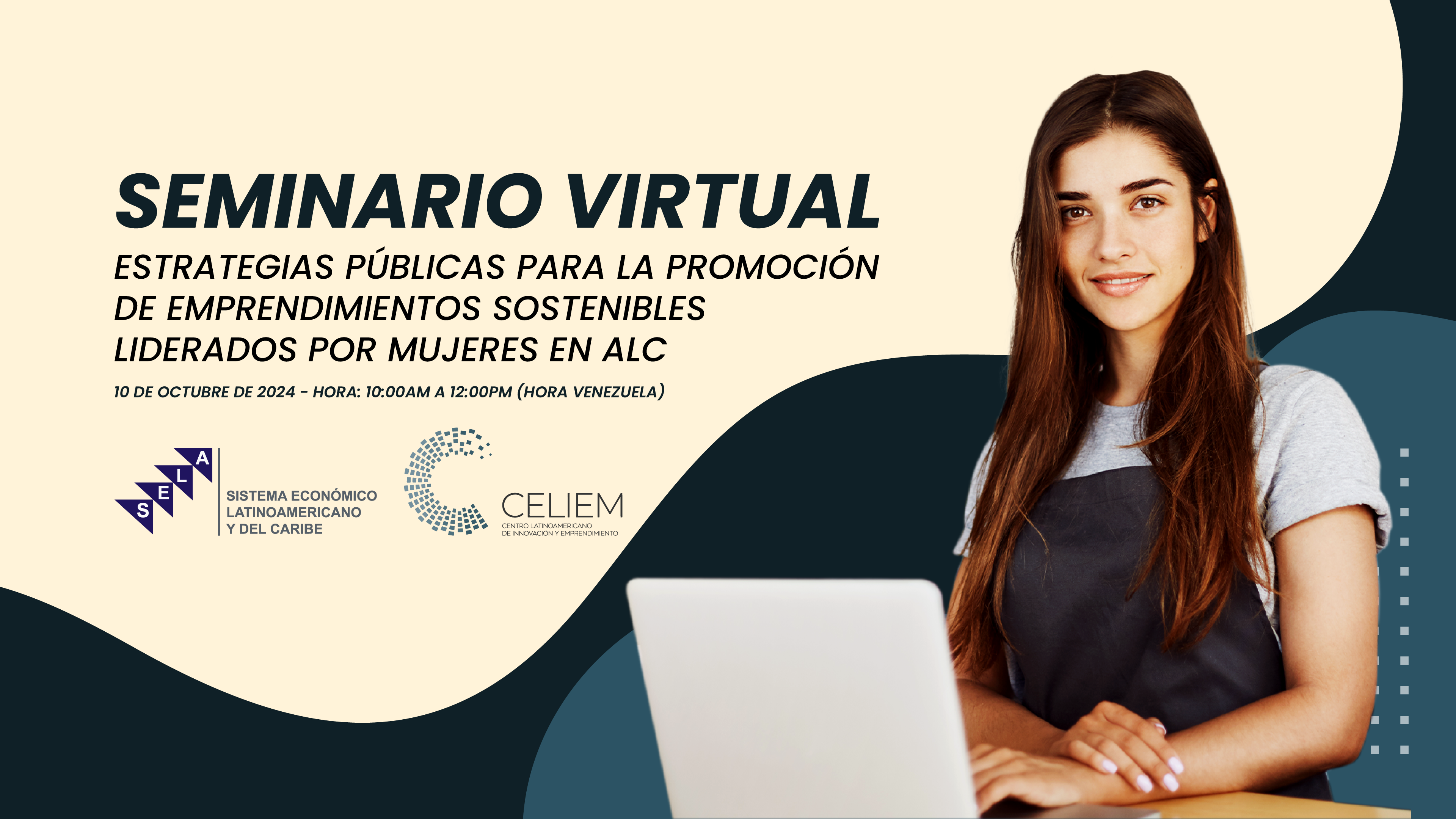
Sustainable businesses are those that operate in a responsible manner, considering not only economic, but also social and environmental aspects. In this sense, these companies aim to generate long-term profits, without compromising natural resources or harming communities. They also aim to reduce their carbon and waste footprint, while promoting the use of renewable energy and protecting biodiversity. In addition, they demonstrate their sense of social responsibility by contributing to the development of communities, the promotion of equity and the generation of quality employment.
Sustainable companies can be more attractive to investors and consumers, allowing them to build a strong and lasting brand. In this connection, many sustainable businesses comply with increasingly stringent global environmental and social regulations. Moreover, these business models envisage the integration of sustainability in all areas: from production to marketing and waste management. During these processes, innovation must be the starting point to continue the search for innovative solutions and technologies that improve the environmental and social performance of their business.
In the case of Latin America and the Caribbean (LAC), women have proven to be pioneers in building a more sustainable future. Through various business models, they have developed innovative processes that combine profitability with respect for the environment and communities. Thus, many Latin American women entrepreneurs are developing creative solutions to local problems, such as waste management, organic food production and access to clean energy. These initiatives not only generate employment, but also empower other women, promoting gender equality and economic development.
Sustainable businesses led by women in LAC cover a wide range of sectors, including Sustainable Agriculture: through the production of organic food, the creation of cooperatives of women farmers and entrepreneurs that promote agroecology; the Circular Economy: with companies that recycle materials, create reusable products and promote the collaborative economy; Sustainable Tourism: with responsible tourism experiences that promote biodiversity conservation and the development of local communities; and Social Technology: with the development of applications and digital platforms that address social and environmental challenges.
The emergence of these businesses has been accompanied by a growing demand for sustainable products and services as consumers are increasingly interested in supporting companies with responsible practices. In addition, these initiatives are supported by international organisations that provide financing, training and mentoring to women entrepreneurs. In addition to this support, there has been an increase in the number of networks of women entrepreneurs that have strengthened the entrepreneurial ecosystem. However, despite these advances, sustainable businesses led by women face difficulties in obtaining credit and venture capital, limited opportunities to establish connections with investors and strategic partners, and the absence of public policies that promote sustainable entrepreneurship.
In this context, it is necessary to create spaces for discussion to evaluate the scenarios in which sustainable enterprises led by women are developing and to disseminate knowledge about sustainable business practices. It is also necessary to promote the design of more inclusive public policies that take full account of the specific needs of women entrepreneurs, and to that end, proposals for improving the policies that are being implemented in some countries in the region will be evaluated. Furthermore, LAC needs to foster the creation of collaborative networks to promote the development of stronger entrepreneurial ecosystems and to make visible the fundamental role that women play in building a more sustainable future. These companies, led by women, represent a transformative force that is redefining the way business is done. Hence the importance of supporting and raising the profile of these initiatives in order to contribute to building a fairer, more equitable and sustainable future for everyone.
The seminar is aimed at public and private organisations, companies and entrepreneurs who wish to gain knowledge and acquire tools to promote the development of sustainable businesses and the creation of more inclusive spaces with more opportunities for women in the region.
Language: Spanish (with simultaneous interpretation into English)
Format: Virtual
| 10:00-10:15 | Opening of the seminar:
|
| 10:30 – 11:0015 min each | Session 1. Green and profitable: sustainability as an engine for growth of MSMEs in LAC.Moderator: Permanent Secretariat of SELA
Purpose of the session: to strengthen the understanding of the impact that the implementation of sustainable practices has on the business models of the MSME business ecosystem in Latin America and the Caribbean (LAC). |
| 11:00 – 11:3010 min each | Session 2. Women, sustainability and entrepreneurship: a regional vision.Moderator: Permanent Secretariat of SELA
Purpose of the session: to identify the opportunities and challenges for the development of sustainable enterprises led by women in the region. |
| 11:30 – 12:0010 min each | Session 3. Strengthening sustainable female entrepreneurship: towards more robust public policies.Moderator: Ileana Rogel, Deputy Director of Strategic Alliances of the Latin American Centre for Innovation and Entrepreneurship (CELIEM)
Presentation of projects by participants of the Diploma Course 2024.
Purpose of the session: to present proposals for strengthening public policy strategies to support women’s entrepreneurship with a sustainable approach by participants of the “Diploma course for public management of policies and programmes for sustainable MSMEs with a gender approach – 2024.” |
| 12:30 – 12:30 | Questions and comments |
